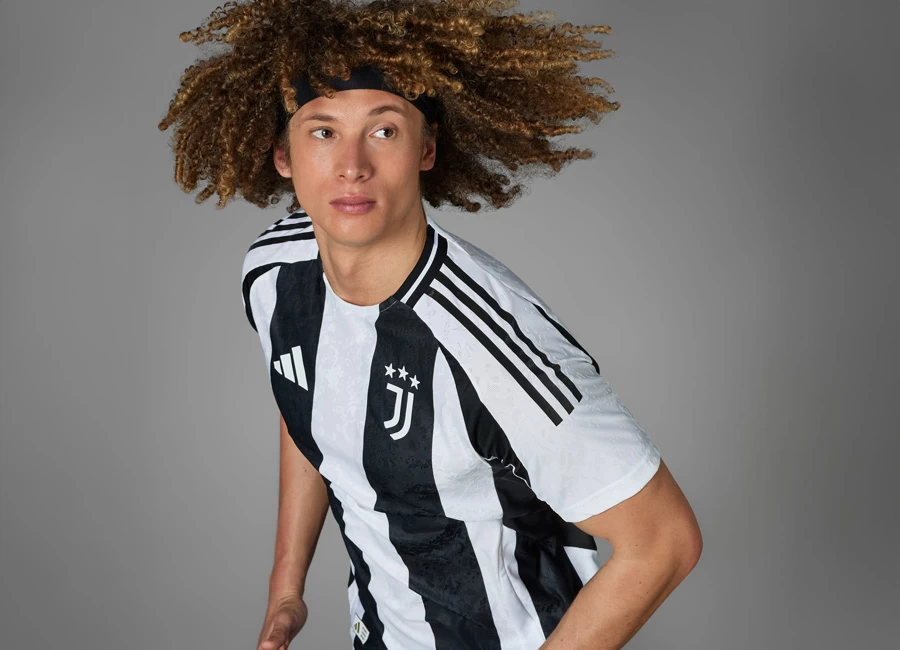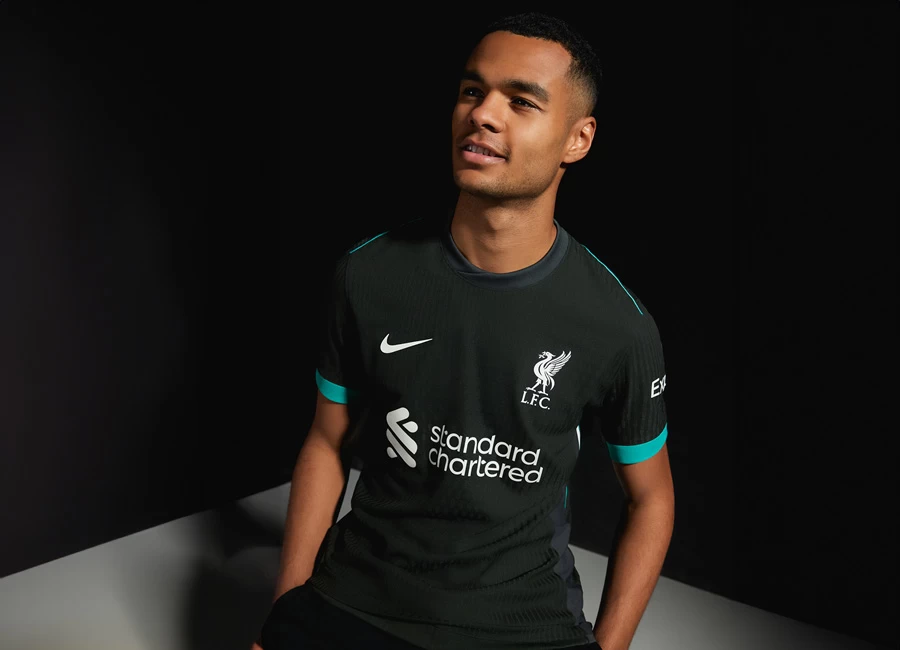St. Pauli unveiled their new home and away kits for the 2007/2008 season. This year's home kit is brown and made by "do you football" the away kit is all white.
FC St. Pauli is a German football club based in the St. Pauli district of Hamburg. The football department is part of a larger sports club that also has Rugby, American football, baseball, bowling, chess, cycling, handball, skittles, softball and table tennis teams.
While the footballers have enjoyed only modest success on the field, the club is widely recognized for its unique culture and has a large popular following as one of the country's "Kult" clubs. St. Pauli has secured promotion to the 2. Bundesliga for the 2007/08 Season.
Sign in or create an account to earn points for voting, keep track of your reviews, edit them, and more.
The club began its existence in 1899 as a loose, informal group of football enthusiasts within the Hamburg-St. Pauli Turn-Verein 1862.
This group did not play its first match until 1907 against a similar side assembled out of the local Aegir swimming club.
Officially established on May 15, 1910, the club played as St. Pauli TV in the Kreisliga Groß-Hamburg (Alsterkreis) until 1924 when a separate football side called FC St. Pauli was formed. The team played as an undistinguished lower-to-mid table side until making their first appearance in 1934 in the top-flight Gauliga Nordmark, one of sixteen premier level divisions created in the re-organization of German football that took place under the Third Reich.
They were immediately relegated, but returned to the top flight in 1936. Relegated again in 1940, St. Pauli would re-appear in the Gauliga Hamburg in 1942 and play there through to the end of World War II.
It was in the mid-80's that St. Pauli's transition from a traditional club into a "Kult" club began. The club was also able to turn the location of its ground in the dock area part of town St. Pauli near Hamburg's famous Reeperbahn - centre of the city's nightlife and its red-light district - to its advantage. An alternative fan scene emerged built around left-leaning politics and the "event" and party atmosphere of the club's matches.
Supporters adopted the skull and crossbones as their own unofficial emblem. Importantly, St. Pauli became the first team in Germany to officially ban rightwing, nationalist activities and displays in its stadium in an era when fascist inspired football hooliganism threatened the game across Europe. In 1981, the team was averaging crowds of only 1,600 spectators: by the late 90's they were frequently selling out their entire 20,000 capacity venue.
St. Pauli began a roller coaster ride that saw them in and out of the Bundesliga over the course of the next dozen years. They returned to the Bundesliga in 1988 for a three year stay, followed by another two-season-long run in 1995.











